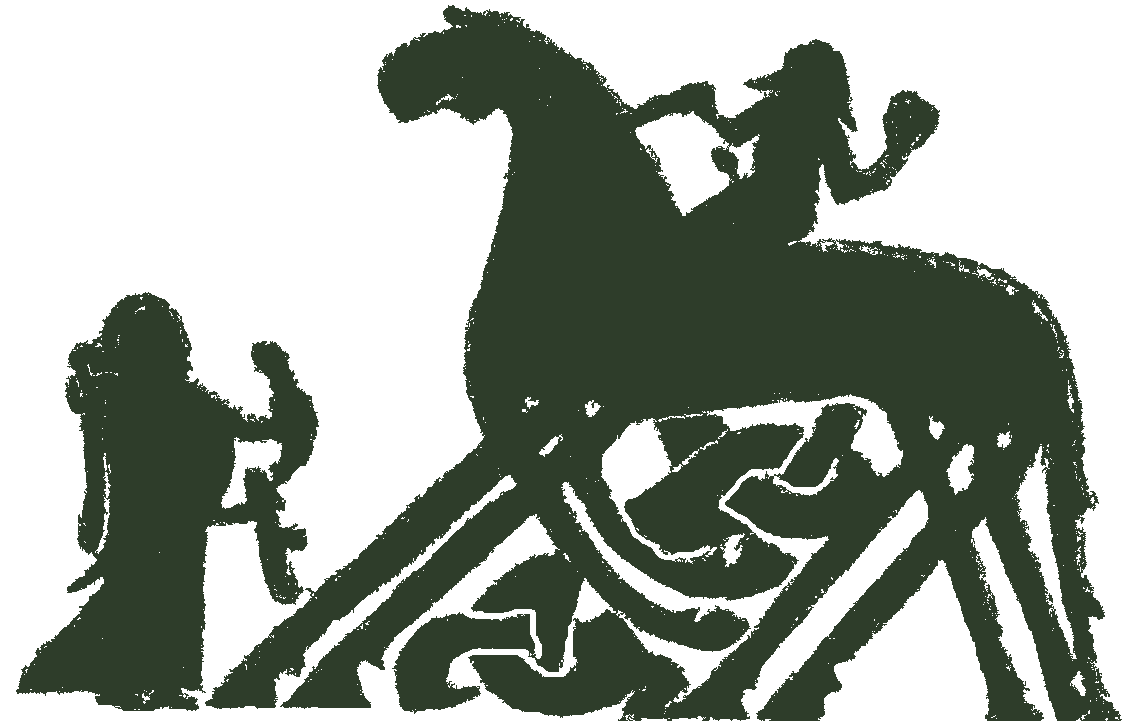in progress
A description of the vanir god Njörðr found in Skáldskaparmál.
text
Skm ch. 13b
13b. Njörðr
Hvernig skal kenna Njörð? Svá... | How shall Niord be referred t... |
[status: unverified copy]
commentary
context
Skáldskaparmál, which is part of Snorra Edda, was composed in Iceland in the 13th century, and holds the stories of many of the Pre-Christian myths of northern Europe. It is believe to have been composed by the Icelander Snorri Sturlusson. Snorra Edda consists of three separate parts, Gylfaginning, Skaldskápamál and Háttatal, all functioning together as a greater work and guide for the aspiring medieval poet and storyteller.
commentary
| Njörðr is part of the Vanir family and the father of Freyr and Freyja. His home is in Nóatún ("the place for ships") and he is married to Skaði, the daughter of the jötun Þjazi. Njörðr is a god of the sea and the winds. It has been argued that Njörðr and his central role in fertility cult by being one of the Vanir links him to the older germanic deity known as Nerþuz, the fertility goddess attested by Tacitus in the 1st century AD.
For more, see: Ellis Davidson, H. R, (1990), Gods and Myths of Northern Europe. London: Penguin Books. pp. 124-127, 132-138. Simek, Rudolf (2007), Transl: Angela Hall. Dictionary of Northern Mythology. Cambridge: D.S. Brewer. pp. 233-235. Steinsland, Gro (2005), Norrøn Religion. Myter, Riter, Samfunn. Oslo: Pax Forlag. pp. 144-151. |
(Contributed by Liv Marit Aurdal.)
tags
Main text: Skáldskaparmál
Attributes: Wagon gods in wagons Fertility Vanir Giantess marriage between god and giantess
Named things:
Text sections: SnSt, Skm ch. 13b
